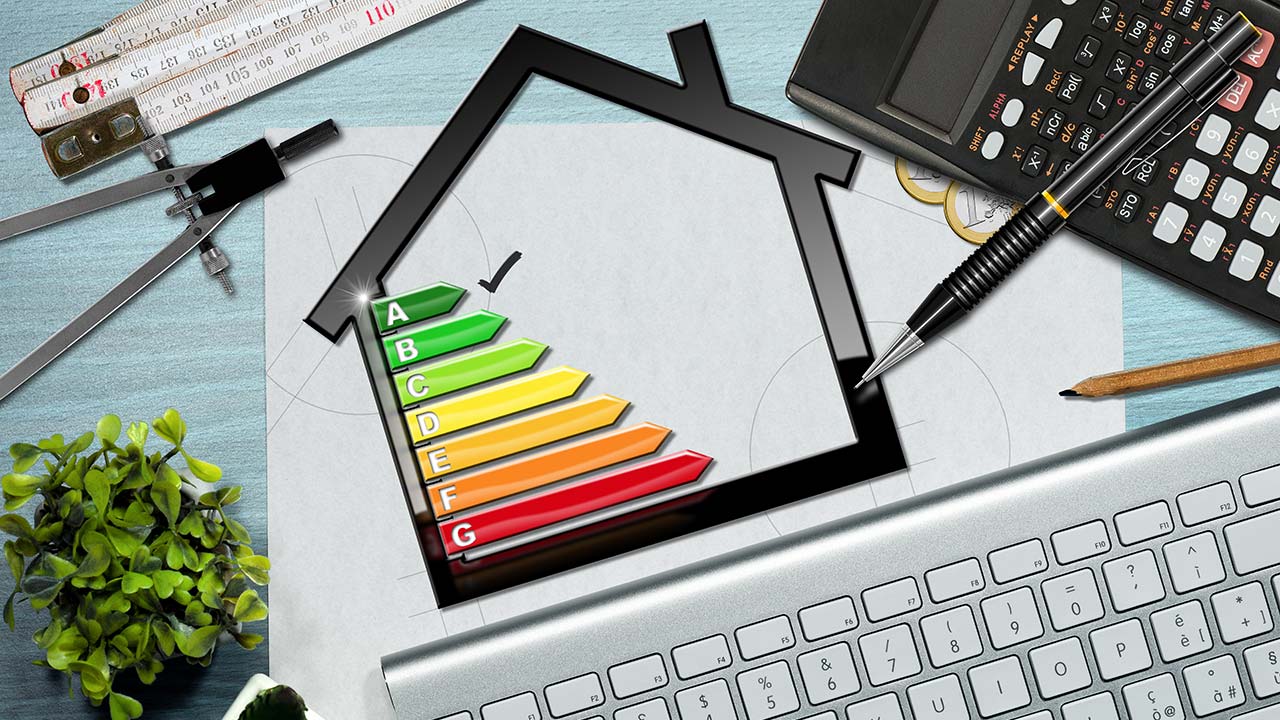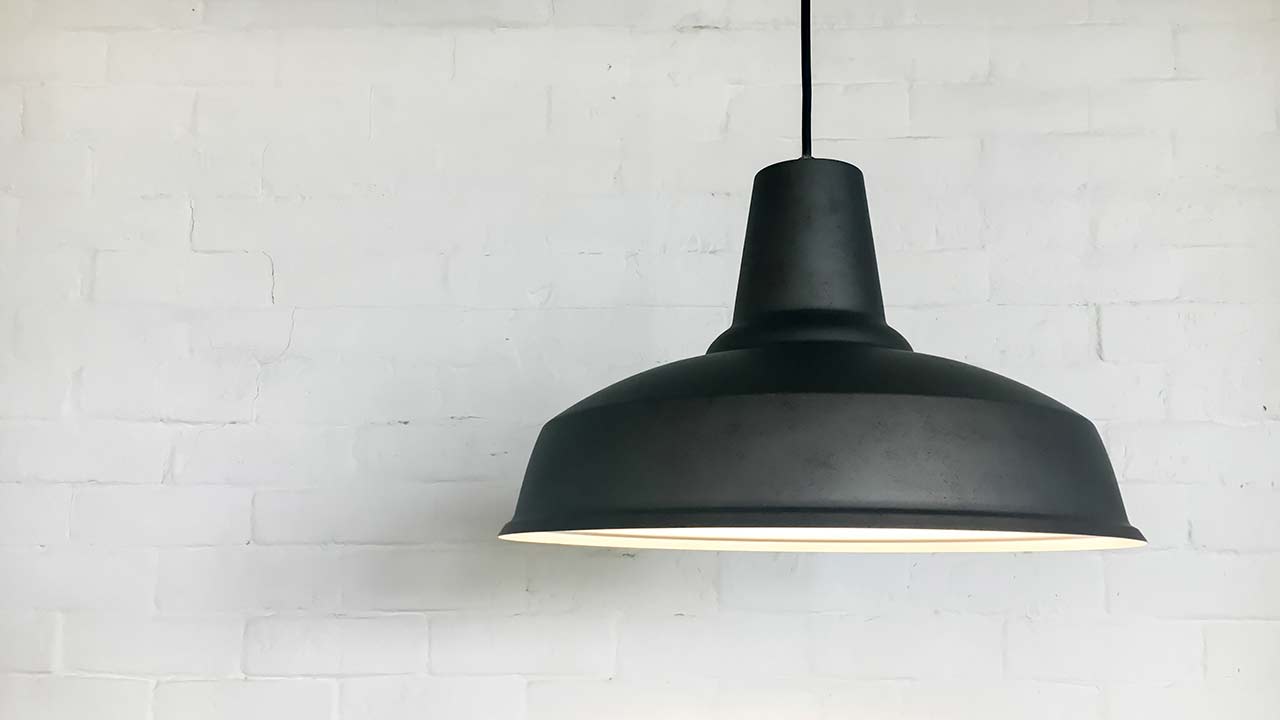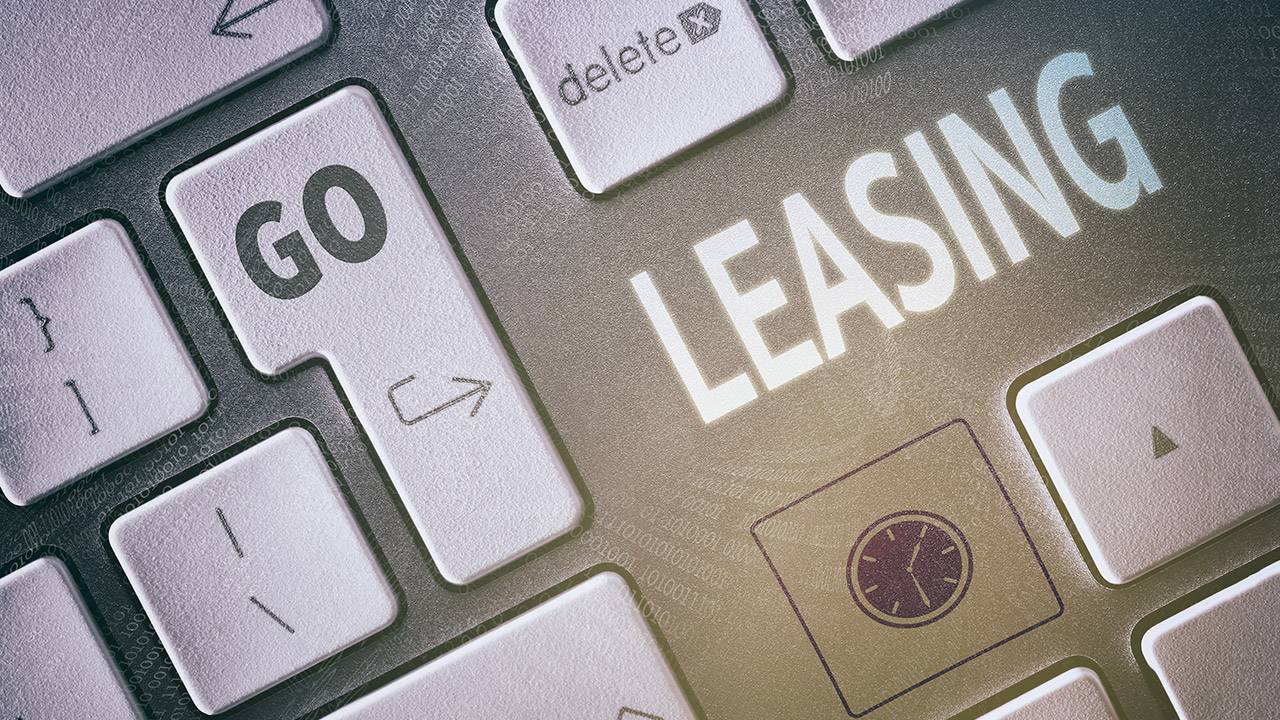
What’s the Difference Between a Lease Purchase and a Lease Option?
September 1, 2017Buying a home typically involves the transfer of title after both buyer and seller agree to the terms of the contract and sign off on the deal. However, there are other ways for buyers to become homeowners, including through a Lease Option or Lease Purchase agreement.
Read More
How Does the FHA’s Energy Efficient Mortgage Work?
August 28, 2017Are you currently in the market to buy a home, and want to make sure there’s enough money in the pot to boost its energy efficiency once you take possession? If so, you may be able to get some financial assistance to help pay for these energy-efficient upgrades.
Read More
11 Tips to Buying a Newly Constructed Home From a Builder
August 25, 2017Buying new home construction is much different than buying resale. As such, you might want to prep yourself for the process before taking the plunge on a new build. Here are some key things to know about buying a new construction home from a builder.
Read More
8 Things You Should Never Pour Down the Drain in Your Home
August 22, 2017Just because you pour something down the drain doesn’t necessarily mean that it will magically disappear through the pipes. Sure, you can expect most liquids and a few tiny solids to make their way through the plumbing with little issue, but there are plenty of other items that can wreak havoc if you try to pour them down the drain.
Read More
INFOGRAPHIC: California Sales Report For June 2017
August 18, 2017Existing home sales and median home prices in California ramped up in June while the lowest housing inventory levels were recorded so far in 2017. Here are some key statistics surrounding sales in the Golden State last month.
Read More
What Buyers Should Know About Covenants, Conditions and Restrictions
August 14, 2017Are you planning to buy a condo, townhouse, or a home in a planned unit development? If so, be prepared to have to deal with covenants, conditions, and restrictions (CC&Rs). In fact, any home that’s governed by a homeowners association (HOA) has their own set of CC&Rs that all residents must abide by.
Read More
When and How Can You Legally Break a Lease in California?
August 10, 2017While renting doesn’t necessarily come with the same level of commitment as buying a home, you’re still obligated to adhere to the terms of your lease, and that includes sticking to the lease until its expiry date. When tenants initially sign a lease, the contract length is typically for 12 months, after which tenants can become month-to-month or can renew their lease for another specified period of time.
Read More
Final Walk-Through Issues That Can Crush a Real Estate Deal
August 7, 2017Before you seal the deal on your real estate contract, you’ll want to do one last thing after all is said and done – perform a final walk-through of the home. Anything can happen from the day you visit the home to closing. A final walk-through is extremely important for buyers to identify any issues that go against the contract. If there are any, they could delay closing or crush the deal completely.
Read More
INFOGRAPHIC: 11 Things Home Buyers Are Looking For
August 3, 2017Regardless of whether or not it’s a seller’s market, it’s always helpful if your home has the features that buyers are looking for. Here are the top 11 characteristics that today’s buyers want when shopping for a new home.
Read More
Your Lease is Up: Should You Renew?
July 31, 2017Your lease is almost due to expire: should you renew it, or consider entering the world of homeownership? It’s not uncommon for Americans to begin life on their own as a renter when moving out of their parents’ homes or graduating from college. Student loans can make it tough to start out as a homeowner right from the get-go, and housing prices aren’t exactly cheap.
Read More